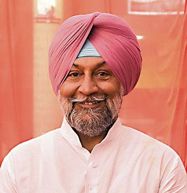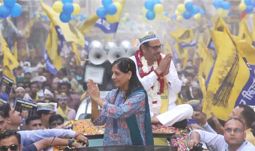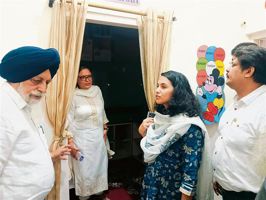In a season of bans and diktats asking people to shut up, the country's highest court has upheld the right to speak up. Section 66A of the Information Technology Act — that prescribed punishment for sending “offensive” messages through any communication device — has been scrapped. It was bad in law, the petitioners convinced the Supreme Court, and misused because it was framed in a vague and sweeping language that allowed subjective interpretation. The right to freedom of speech on the Internet has been upheld. Nobody can be arrested for any online post or get content removed without a court or judicial order. The IT Act was enacted in 2000 for the delivery of government services through reliable electronic records. Eight years later, an amendment was hurriedly passed to strengthen penal provisions for preventing the misuse of the Internet.
A bunch of petitions highlighted how expressions like “grossly offensive” and “menacing” were open to varied interpretations. What was harmless for one person could lead to even arrest on the complaint of another. Voicing an opinion, genuine criticism and even posting caricatures on social media became an excuse for harassment, mostly to cater to political egos. The problem with the law became apparent in 2012 when two girls were arrested for a Facebook message questioning why Mumbai needed to be shut down for Bal Thackeray's funeral. In Bengal, a professor was arrested for circulating a caricature of Mamata Banerjee. Critics said the law was misused by political parties to target dissidence, and was a severe attack on the right to expression.
In 2013, the SC came out with an advisory that a person accused of posting objectionable comments could not be arrested without permission of senior officers. The question before it was to retain the law with guidelines or repeal it. It ruled that the public's right to know was affected by the unconstitutional Section 66A. Like the UPA, the NDA favoured the law, saying it was necessary to regulate online content. Its unchecked flow remains a challenge. While the IPC is equipped to deal with the posting of pictures and comments that hurt religious sentiments, a well deliberated legislation that does not encroach on civil liberties would be the next logical step.



























